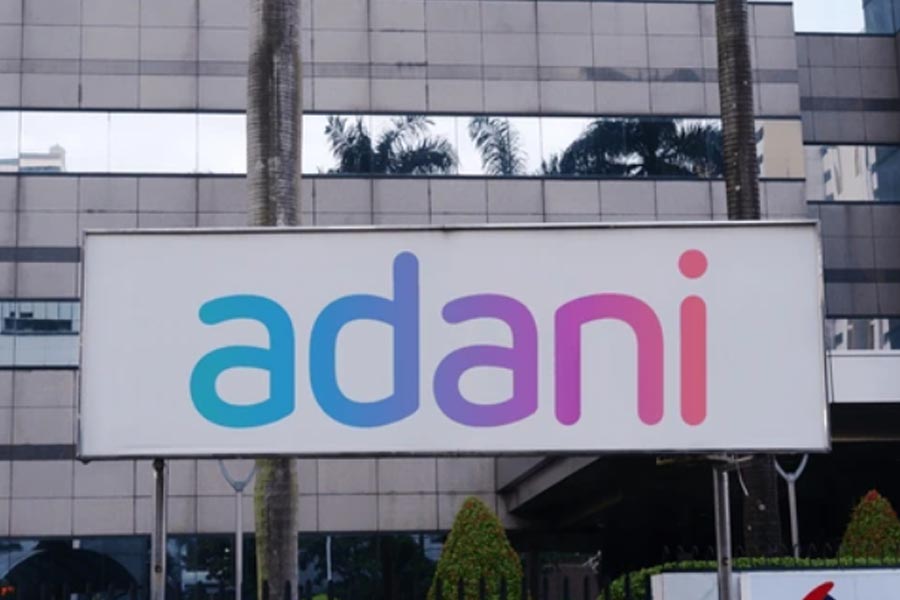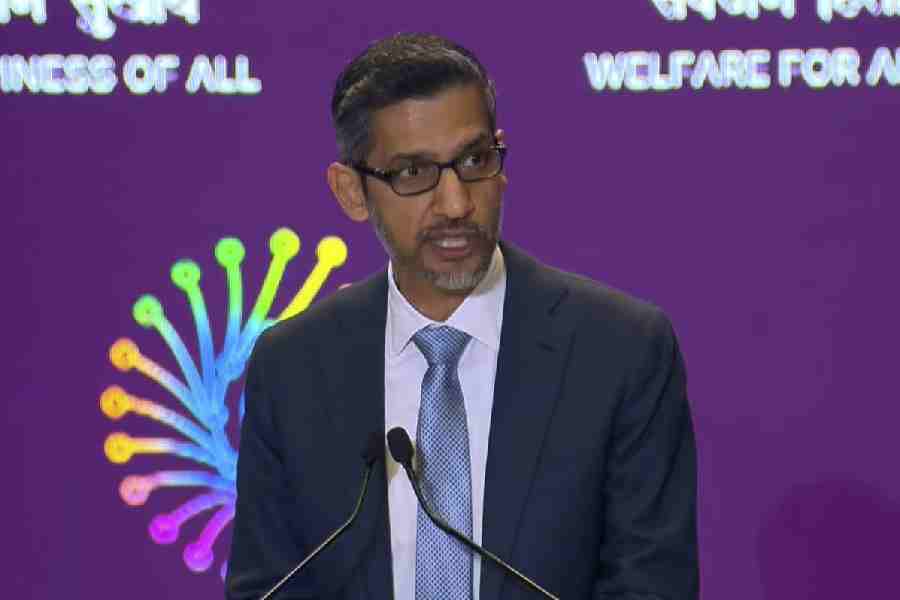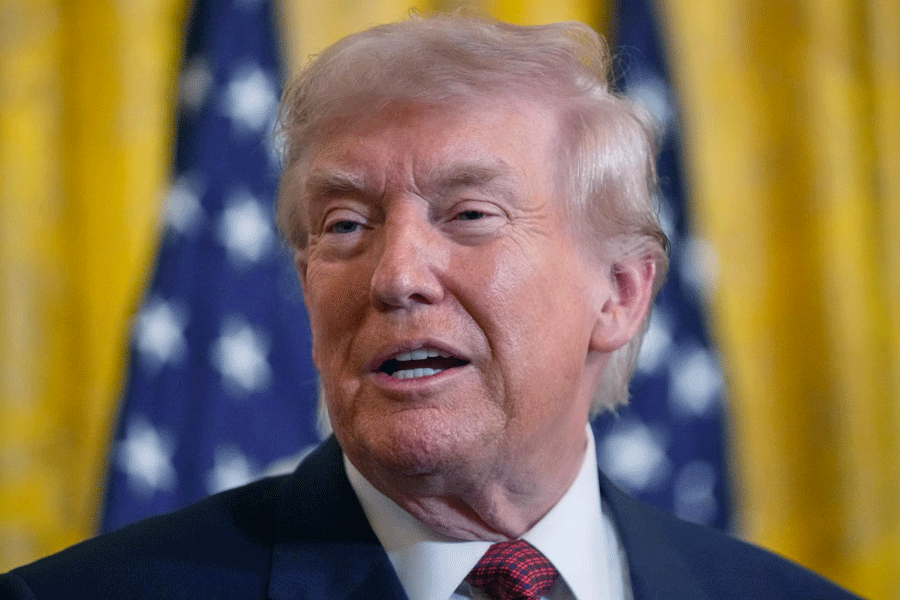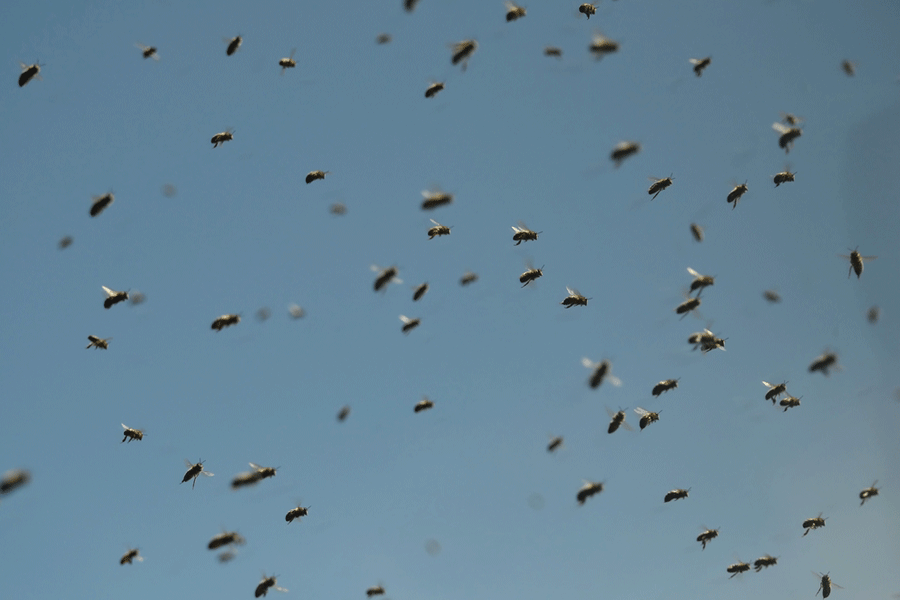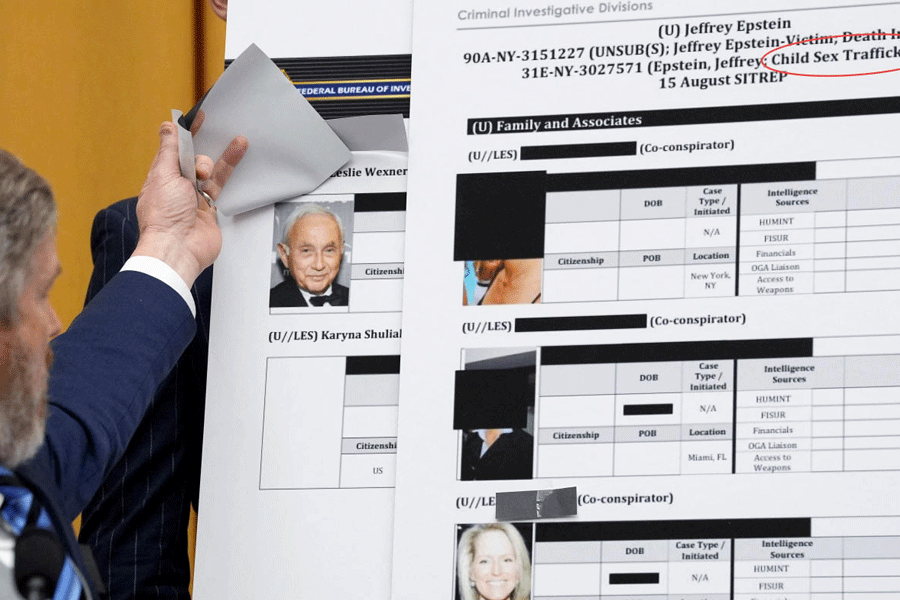A Delhi court on Thursday set aside the ex-parte order on four journalists restraining alleged ‘defamatory’ articles and videos on the Adani Group.
Hearing an appeal filed by the four journalists – Ravi Nair, Abir Dasgupta, Ayaskant Das and Ayush Joshi – the Rohini Court’s district Judge Ashish Agarwal said the articles had been in the public domain for long and the civil judge should have heard the journalists before ordering the articles be taken down.
“While articles and posts spanning a substantial period were questioned by plaintiff through the suit, the court didn’t deem it fit to grant opportunity of hearing defendants before passing impugned order.
In my opinion the civil judge ought to have granted that opportunity before passing an order which had impact of prima facie declaring articles are defamatory and even directing their removal,” the judge was quoted saying by Live Law.
“The effect would be in the event of the court of senior civil judge subsequently finding that the articles are not defamatory, after the defendants put forth their defence, it is not feasible that articles which have been removed would then be restored. Therefore, in my opinion the trial court should have decided the prayers made by plaintiff after giving opportunity to the defendants. The impugned order is not sustainable. Accordingly, I allow the appeal and set aside the impugned order without finding any merits of the case,” Live Law reported quoting Judge Agarwal.
On September 6, a senior civil judge of the Rohini Court passed an ex-parte order directing the respondents to take down what the plaintiff had alleged to be defamatory content targeting its businesses.
Later the ministry of information and broadcasting ordered 12 news outlets and independent journalists to take down the alleged defamatory content against the Adani Group in compliance with the court order.
Appearing on behalf of the four journalists, counsel Vrinda Grover asked: “Why the rush? Why no notice could be given to us for two days? Majority of publications are from June 2024 onwards. How they have explained the delay is their burden.”
She asked the court: “How did the court (civil court) come to the finding that the publications are unverified? I will go to the articles. One is based on what Kenyan government has said. One is based on a Swiss court judgement. Are you saying the Kenyan government does not know what it is saying?”
Advocate Vrinda Grover appearing for the four journalists in this case had argued that majority of publications impugned were in public domain since June 2024 and there were no emergent circumstances for the civil court to grant the "extraordinary and exceptional relief" of ex-parte interim injunction months after publication.
Grover said the civil court had passed a “blanket” order that led to hundreds of videos and posts being taken down.
“It is a John Doe order. Is there any law in this country which can ask anyone, particularly the press, that you won’t write or question any entity in this country? That is not what the law allows. Tsunami orders of take down already happened. SC uses a phrase would the heavens fail? Would the heavens have fallen if notice would have been given to me? Now heavens have fallen on what is the law of the land. Please not freedom of speech, the journalists are agents of the press who take this right forward,” Grover argued.
When the court asked Vijay Agarwal, the counsel representing Adani Enterprise what was the hurry to get the order passed, the advocate said the company was targeted by a vicious campaign.
“It is a campaign by them. The journalists have come together (before the court). It’s a strategy. They are all contributors. All of them like writing against me. It is a completely malicious targeting. Every tweet, retweet, like amounts to republication. It is happening even now,” the advocate said.
“They say this company has been favoured by ruling government. How? Why? When? No details. Various of these articles are based on Hindenburg report. SC has said that there was no fault of Adani group. Judge has passed an order on perusal of pliant. It is a fit case that a john doe order is passed,” the advocate argued.
Another journalist Paranjoy Guha Thakurta’s plea against the gag order was given a reserved verdict by another judge of the same court.
On Thursday morning, the Press Club of India in a statement issued said the gag order on Guha Thakurta and others was disturbing.
“In an act of egregious judicial overreach, the court has put its stamp on the power to impose unrestrained censorship in the hands of corporate entities and the executive in the guise of insulating one of the biggest business houses in the world from allegedly defamatory articles and audio-visual reports,” the statement read.

